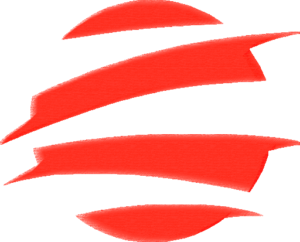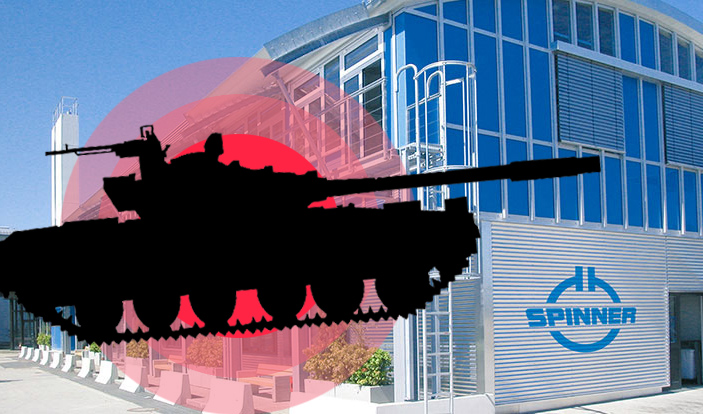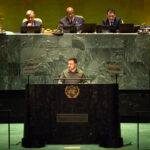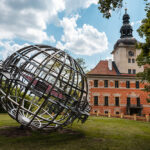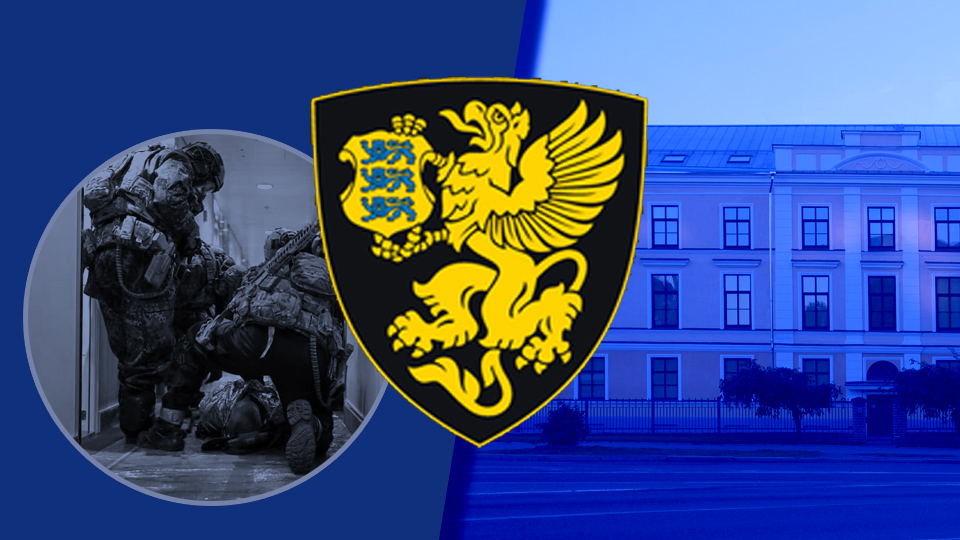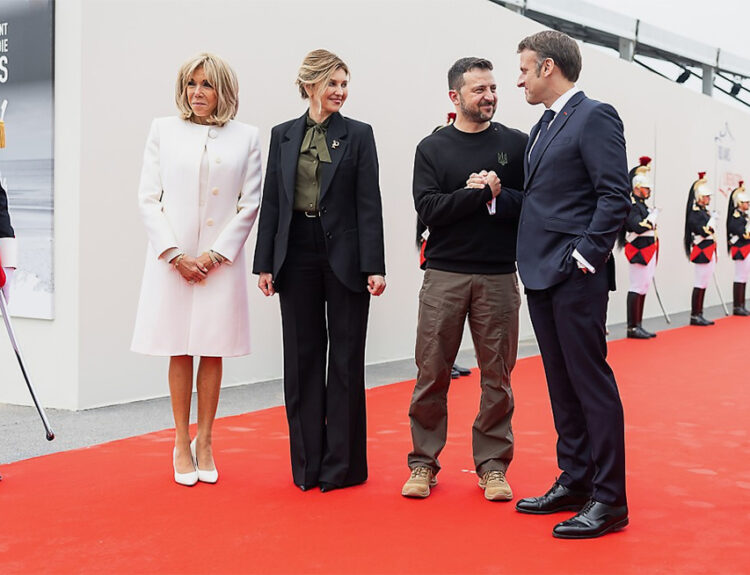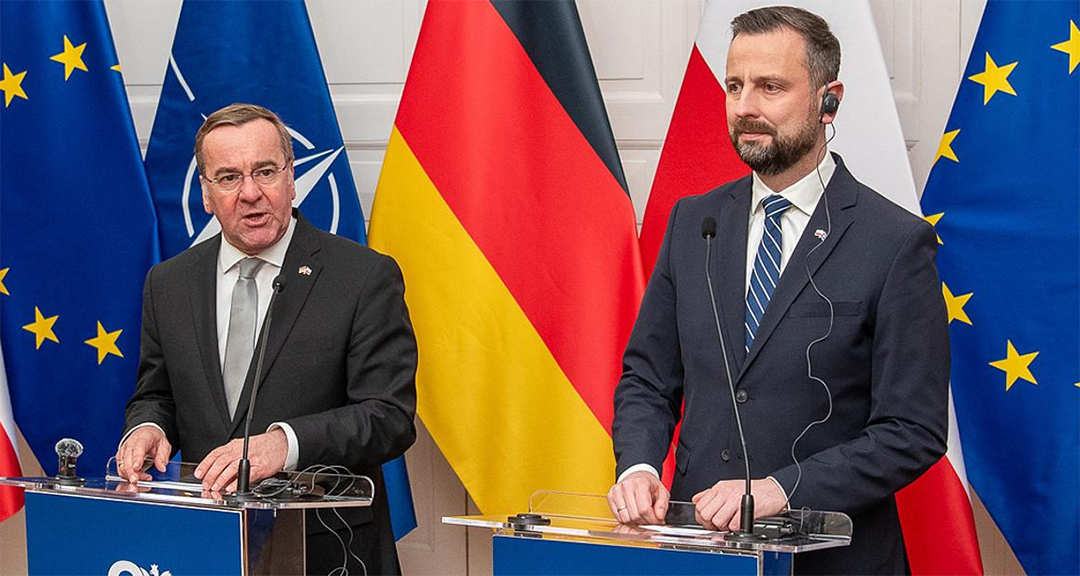The Ukrainian National Anti-Corruption Bureau (NABU) has included 14 Russian machinery importers of the German producer, SPINNER, in the roster of potential international Ukrainian sanctions.
This development was officially announced on the National Anti-Corruption Bureau’s website.
According to the statement, this decision was made following the acquisition of credible information regarding the shipment of a universal machining center (machine tool) from the production facilities of the German SPINNER factory in Turkey to the Russian Serov Mechanical Plant (SMP).
Russia employs such types of machinery for the production of fragmentation and high-explosive shells for Russian tanks used in the conflict with Ukraine.
As Russia lacks the requisite technology for manufacturing such types of ammunition, the Russian defense industry relies on Western equipment, particularly during the so-called “ammunition famine.” Currently, Russia is attempting to locate intermediary companies worldwide for the procurement and delivery of strategically vital machinery, spare parts, tools, software, and fluids to sustain its wartime operations.
“NABU has already sent an official letter to the Federal Ministry for Economic Affairs and Technology of Germany and directly to the manufacturer, Spinner, informing them that the machine tool was effectively sold to the Russian army and will be used for the production of ammunition by the aggressor country. After the commencement of full-scale invasion, the supply volume of Spinner equipment to the Russian Federation in 2022-2023 increased by over 500%”,- emphasizes the Ukrainian National Anti-Corruption Bureau’s announcement.
It’s worth noting that in total, NABU has added 38 companies to its list of international war sponsors, including Chinese companies Xiaomi and Great Wall, Hungarian OTP Bank, Austrian Raiffeisen Bank International, Bonduelle, French retailer Auchan, and the German company Metro.
Recall that earlier this month, The Gaze reported that food giants such as PepsiCo and Mars had been added to the list of international war sponsors.
Each of these companies continues to conduct business within the aggressor country, Russia’s territory, despite claims of downsizing their operations and halting the production of their goods. Consequently, they continue to pay taxes to the Russian budget, thereby financing the war in Ukraine. For example, during the first year of the conflict in Ukraine, PepsiCo earned a profit of $2.59 billion, while Mars garnered $2.45 billion.
Source: The Gaze
